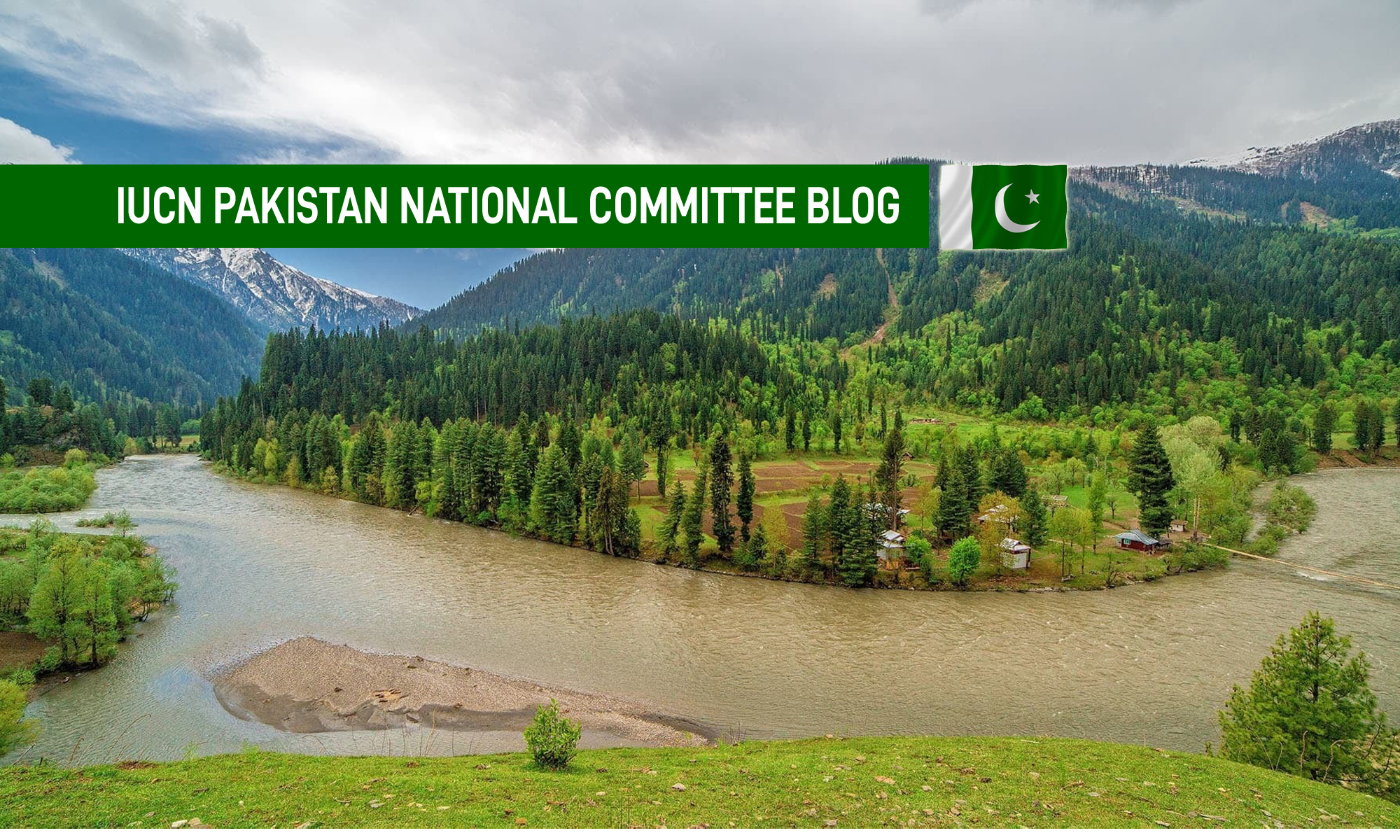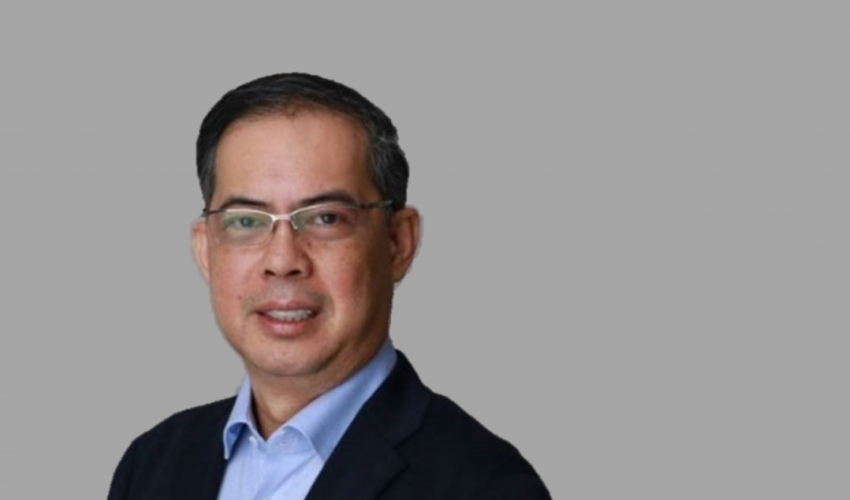IUCN is delighted to announce that the Asia Regional Office in Bangkok is welcoming a new leader at its helm. Dr. Dindo Campilan was named Regional Director for Asia starting 22 February 2021. In coordination with Mr. Mason Flynn Smith, the Regional Director for Oceania, Dr. Campilan will also lead the Asia-Oceania hub and provide strategic support functions to the Oceania Regional Office based in Fiji.

Dr. Campilan brings to IUCN over 20 years of Asia-wide programme management experience in agriculture, food, and environment research and development – with the CGIAR and the UN. He held regional leadership positions for Consultative Group on International Agricultural Research (CGIAR) Centers while posted in the Philippines, China, India, and Viet Nam, and concurrently served in global senior management teams. As Asia Regional Director at the International Center for Tropical Agriculture (CIAT) from 2014 to 2020, he managed an 18-country portfolio covering inclusive markets and food systems, climate-smart agricultural policies and investments, and sustainable agricultural landscapes and ecosystem services.
In 2020, Dr. Campilan also worked with the International Labour Organization (ILO) as senior programme and operations officer to manage small and medium enterprise (SME) support in Myanmar, including for the ILO/UN-wide Covid-19 rapid response and recovery in-country efforts. Earlier, he served as a commissioned expert for FAO, IFAD, and UNDP on value chain development, agrobiodiversity conservation, and climate change adaptation. Dr. Campilan is from the Philippines and holds a PhD in Agricultural and Environmental Sciences from Wageningen University, The Netherlands.
He succeeded Ms. Aban Marker-Kabraji who served IUCN for 33 years. Ms. Kabraji joined IUCN in 1988 as the Country Representative in Pakistan, growing the office into the nation’s leading conservation organisation. Under her leadership, IUCN Pakistan led the development and implementation of the National Conservation Strategy, pioneered the implementation of innovative field projects such as the ambitious programme of mangrove restoration, and launched the establishment of new institutions, such as the Sustainable Development Policy Institute (SDPI), which continues to this day.
Ms. Kabraji became the Regional Director for Asia in 1999. She started the regional office with two staff members and transformed it into a large regional programme with twelve vibrant country offices. One of her significant strengths has been her ability to bring together large numbers of government and non-government stakeholders for a common cause. The launching of the multi-stakeholder platform to support vulture conservation, or the very successful Mangroves for the Future (MFF) project are such examples. The architecture of IUCN’s regional system is also part of her legacy, as is her transformational leadership signature, a soft governance approach based on local action to reach global impact.
Throughout her tenure at IUCN, Ms. Kabraji has been a source of inspiration and strength, not only in her deep commitment to IUCN’s mission, but also in her powerful conviction that IUCN should be an organisation of equal opportunities for all. The strong and diverse IUCN Asia region she is leaving to Dr. Campilan is a testimony of her skills and dedication.










